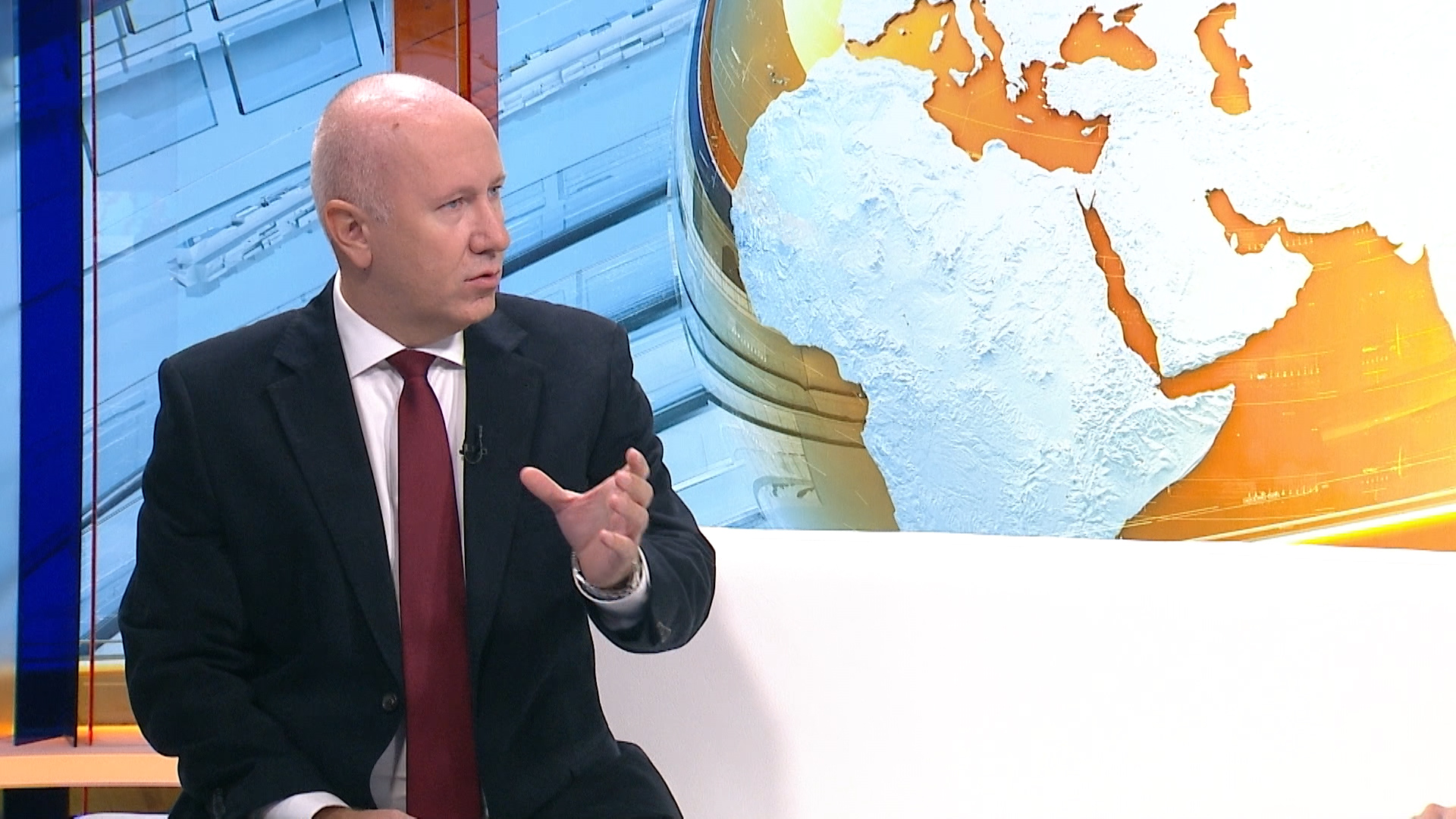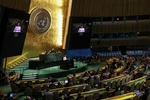DF politician: SDA is the first ethnic party advocating for a civic state

The Party for Democratic Action (SDA) is the first ethnic party which began advocating for a civic state and it remains to be seen how they plan to implement their ideas, the deputy leader of the left-leaning Democratic Front (DF) told N1 on Wednesday.
Oglas
Dunovic commented on a Declaration of long-term goals the main Bosniak party in the country had adopted on Saturday, which immediately caused a stir.
Bosnia is according its Constitution, which is part of the 1995 Dayton Peace Agreement, composed of two semi-autonomous regions - the Serb-majority Republika Srpska (RS) and the Federation of Bosnia and Herzegovina (FBiH), mostly shared between Bosniaks and Croats. The entities are linked into a state by common institutions.
The state-level government is set up according to a power-sharing system between three majority ethnic groups, or ‘constituent peoples’ - Bosniaks, Croats and Serbs.
Oglas
The SDA Declaration advocates for, among other things, a ‘Republic of Bosnia and Herzegovina’ and the affirmation of a ‘Bosnian language’ as the ‘common identity of all of Bosnia’s citizens’.
Dunovic said the difference between the SDA and other ethnic parties is essentially their attitude toward Bosnia and Herzegovina.
He said it is interesting that the Declaration was adopted little after the US Special Representative for the Balkans, Matthew Palmer, said his country sees states in the Balkans as civic states, as opposed to national states.
“This could be a big step for Bosnia’s citizens, but there is still skepticism over whether it can be implemented,” he said.
Oglas
The DF politician commented on statements coming from the ruling Bosnian Serb party, the Alliance of Independent Social Democrats (SNSD), whose leader, Milorad Dodik, said the Declaration is a clear sign that the SDA is moving away from the state as it was set up in the 1995 Dayton Peace Agreement and that it is working toward the dissolution of Bosnia.
“Absolutely wrong,” Dunovic said. “If we know that civic states are in the European Union, if the US Special Representative says we should aspire toward becoming a civic state, if a civic state would ensure equal opportunities to all citizens regardless of their nationality or religion - then I don't know how we could be speaking about the dissolution of the state."
“We are closer to the dissolution of the state when we stick to nationalist topics and when we grant collective rights to people exclusively based on national affiliation, as in such systems justice does not exist, we don’t exist as individuals,” he argued.
Kakvo je tvoje mišljenje o ovome?
Učestvuj u diskusiji ili pročitaj komentare
Oglas
Kakvo je tvoje mišljenje o ovome?
Učestvuj u diskusiji ili pročitaj komentare
Oglas
NAJČITANIJE
Oglas
Oglas
Najnovije
Oglas
Oglas





 Srbija
Srbija
 Hrvatska
Hrvatska
 Slovenija
Slovenija



























































